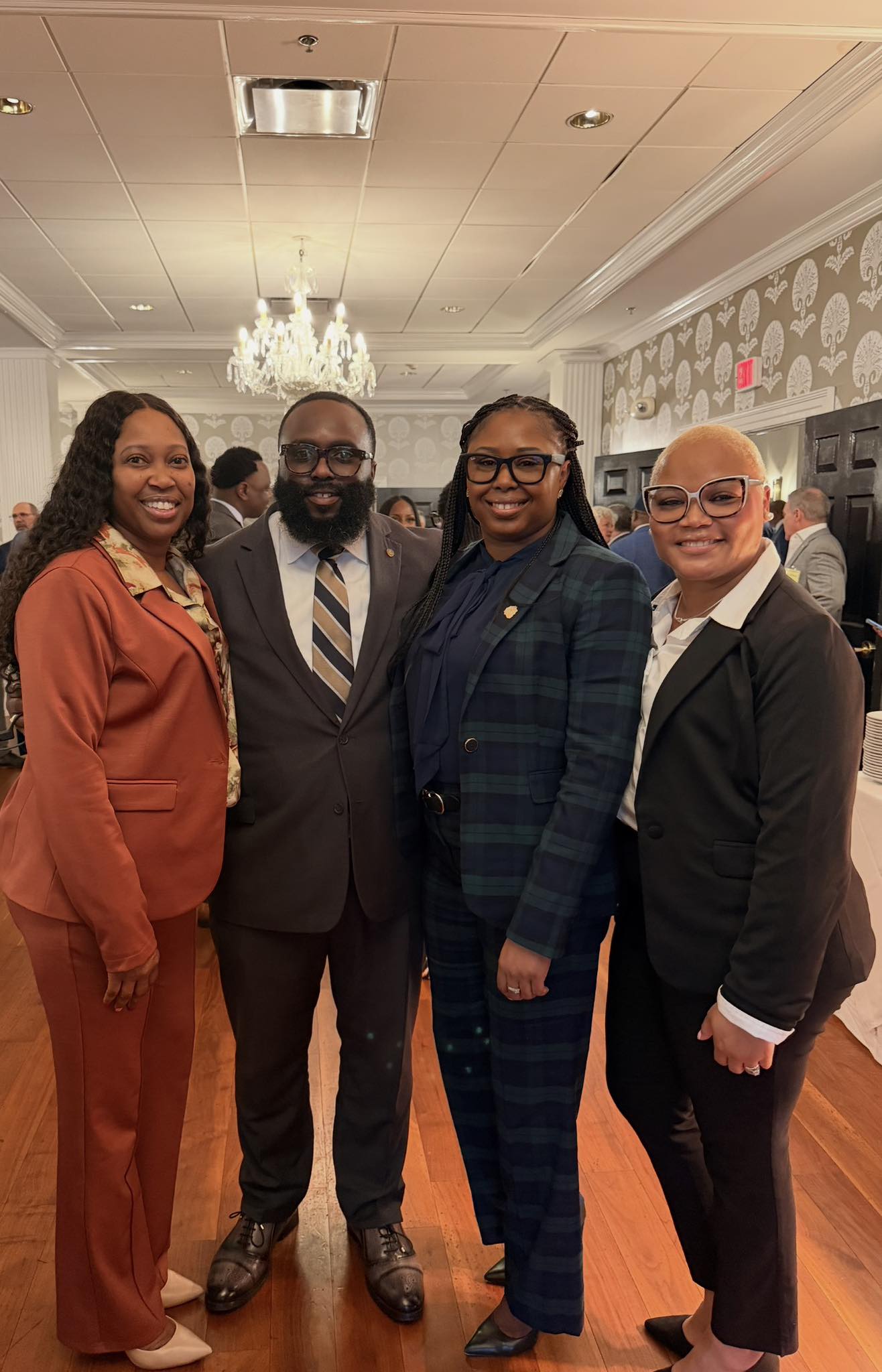Martin Luther King, Jr. was one of the most influential figures of the 21st century. King’s tireless activism during the Civil Rights Movement of the 1950s and 1960s improved the lives of millions of people, and his tragic assassination on April 4, 1968, marked one of the darkest days in American history.
King’s oratory prowess is well-documented. Individuals across the globe are familiar with his “I Have a Dream” speech, which King delivered during the March on Washington. Less familiar are some other notable facts about the life of Martin Luther King, Jr.
· If he were alive today, Martin Luther King, Jr. would still be years away from his 100th birthday. King was assassinated in 1968, when he was not yet 40 years old. Born in Atlanta in 1929, King could very much still be alive today and would have celebrated his 93rd birthday on January 15, 2022.
· King was an extraordinarily gifted student. At an age when many students were preparing to enter their sophomore or junior year of high school, King began his freshman year of college at Morehouse College. King enrolled at Morehouse when he was 15 after the school opened enrollment to junior high students in an effort to overcome a dip in enrollment related to World War II. King passed the entrance exam and enrolled in the fall of 1944.
· King was ordained as a minister prior to graduating from Morehouse. The Baptist ministry was something of a family business for the Kings, as Martin Luther King Jr.’s father, grandfather and great grandfather were all Baptist ministers. However, King did not initially intend to follow that path. He ultimately changed course and entered the ministry at age 18, graduating from Morehouse with a degree in sociology a year later.
· King survived a knife attack years before his assassination. King was stabbed in the chest with a letter opener during a book signing event in Harlem in 1958. His assailant, Izola Curry, was ultimately deemed mentally incompetent to stand trial. Though the attack did not kill him, King had to undergo intensive emergency surgery and was hospitalized for several weeks.
· Conspiracy theories surround King’s assassination. King’s assassin, James Earl Ray, was found guilty and sentenced to 99 years in prison. Authorities, including the United States Department of Justice, concluded Ray, a career criminal, acted alone. However, some, including surviving members of King’s family, believed his assassination was part of a conspiracy.
Despite his tragic assassination in 1968, Martin Luther King, Jr. left his mark on the world. That legacy is even more remarkable when considering the unique twists and turns King’s life took prior to his death.
CHRONOLOGY OF HIS MAJOR LIFE EVENTS
Here is a chronology of major events in Dr. King’s life.
· January 15, 1929: Martin Luther King, Jr. is born to the Reverend and Mrs. Martin Luther King, Sr. in Atlanta, Georgia.
· September 20, 1944: After graduating from Booker T. Washington High School a few months earlier, King begins his freshman year at Morehouse College in Atlanta. King graduates from the college in 1948 with a degree in sociology.
· February 25, 1948: After time spent in Crozer Theological Seminary, King is ordained to the Baptist ministry at the age of 19.
· September 13, 1951: King begins graduate studies in theology at Boston University.
· June 18, 1953: Coretta Scott and King are married at the Scott home near Marion, Alabama.
· September 1, 1954: King begins his pastorate at Dexter Avenue Baptist Church in Montgomery, Alabama.
· June 5, 1955: Boston University awards King a doctorate in systematic theology.
· December 1, 1955: Rosa Parks is arrested for refusing to give up her seat on a public bus to a white passenger. A few days later, the Montgomery Improvement Association is formed to lead a boycott of the segregated buses and King becomes the group’s president.
· January 30, 1956: King’s home is bombed while he is away at a speaking engagement. Later, he addresses an angry crowd that gathers outside his home, asking for nonviolence.
· November 13, 1956: The U.S. Supreme Court declares bus segregation laws unconstitutional.
· February 17, 1957: King appears on the cover of Time magazine.
· May 17, 1957: King delivers his first national address at the Lincoln Memorial in Washington, D.C.
· 1958: The U.S. Congress passes the first Civil Rights Act since reconstruction.
· September 17, 1958: King publishes a book, Stride Toward Freedom: The Montgomery Story. During a book signing a few days later in Harlem, New York, King is stabbed by Izola Ware Curry and rushed to Harlem Hospital.
· February 3, 1959: King embarks on a visit to India to meet with many of Gandhi’s followers and study the philosophy of nonviolence.
· 1960: With his family, King relocates back to his native Atlanta and becomes co-pastor of the Ebenezer Baptist Church. King devotes most of his time to the Southern Christian Leadership Conference, a group he and other activists established in 1957.
· June 23, 1960: John F. Kennedy, the Democratic presidential candidate, meets privately with King in New York.
· October 19, 1960: King is arrested during a sit-in demonstration at a department store in Atlanta.
· October 16, 1961: King urges President John F. Kennedy to issue a second Emancipation Proclamation to end racial segregation.
· September 28, 1962: A member of the American Nazi Party assaults King during a closing session of the SCLC in Birmingham, Alabama.
· April 12, 1963: King and Ralph Abernathy are arrested in Birmingham. King pens his “Letter from Birmingham Jail” four days later.
· June 23, 1963: King leads 125,000 people on a Freedom Walk in Detroit, Michigan.
· August 28, 1963: The March on Washington for Jobs and Freedom takes place, attracting more than 200,000 demonstrators at the Lincoln Memorial. Here King delivers his “I Have a Dream” speech. Later in the day, King and other civil rights leaders meet with President Kennedy in the White House.
· January 18, 1964: President Lyndon B. Johnson meets with King and seeks support for his War on Poverty initiative.
· March 26, 1964: King meets Malcom X in Washington, D.C. This was their first and only meeting.
· December 10, 1964: King receives the Nobel Peace Prize in Oslo, Norway.
· August 12, 1965: King publicly opposes the Vietnam War at a rally in Birmingham.
· March 28, 1968: During a march of 6,000 protestors in support of striking sanitation workers in Memphis, King is rushed from the scene after violence and looting begins.
· April 3, 1968: King delivers his last speech, “I’ve Been to the Mountaintop,” in Memphis.
· April 4, 1968: King is fatally shot while standing on a balcony at the Lorraine Hotel.
· November 2, 1986: A national holiday is proclaimed in King’s honor.






